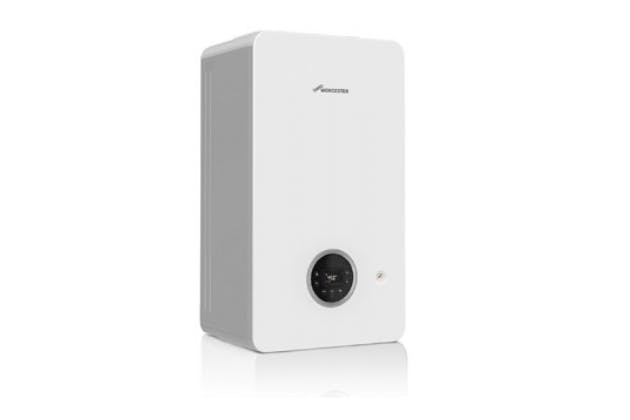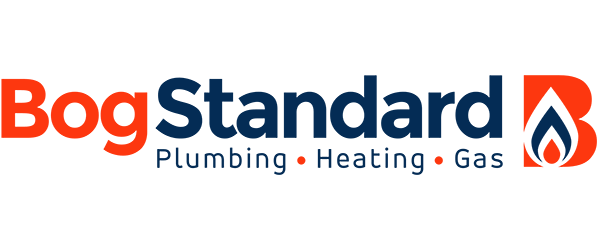When choosing a new boiler for your home, you should make sure it provides greater efficiency and better features.
Whether you are considering an upgrade from an older boiler or installing a new one altogether, it is important to know the difference between these two popular options.
Learning about the difference between a condensing and a non-condensing boiler can help you to achieve energy efficiency for your home.

Heating engineer in Birmingham, Dudley, Stourbridge and Bromsgrove
Bog Standard Plumbing and Heating is a gas-safe registered company that offers high-quality boiler installation and service at an affordable price. For all your plumbing, heating and boiler services, we can offer a quote—just call 0330 113 2242!
What are the differences?
In condensing boilers, the heat produced by burning gas or oil is captured and used to warm a home. These boilers are efficient but considered safer than open-vent models that draw air from the room itself (rather than through some other filter mechanism). In a non-condensing boiler, all of the hot gases pass through a single heat exchange component and into the water contained in its walls to be heated. This system has different venting requirements than condensing boilers do. Let's consider some of the major differences between them.
Condensing Boilers
Condensing boilers are fuelled by either natural gas or oil. By condensing water vapour in exhaust fumes (and extracting the latent heat of evaporation), these boilers can be very efficient. Condensing boiler systems are also thought to be safer, as they tend to release inert gases rather than water into their surroundings.
Advantages of Condensing Boilers
Energy Efficient
Higher efficiency is the main reason why homeowners prefer condensing boilers. Their ability to store maximum heat—which also helps when it comes to heating hot water—contributes significantly toward this goal.
Carbon Footprint
A condensing boiler recycles water and emits very little carbon dioxide, making it a more environmentally friendly choice. Installing one in your home can significantly reduce your carbon footprint by as much as 1000 kilograms per year.
Safety
The fact that condensing boilers remove air from the room and don't release gases inside makes them much safer than other types of boilers.
Disadvantages of Condensing Boilers
Complexity
Because the external pipe can freeze easily, condensing boilers can shut down in extremely cold weather. Furthermore, acid condensate—which forms when water vapor turns back into a liquid state—can cause corrosion on internal boiler components like fin tubes and heat exchangers. However, they're still worth considering because of their improved efficiency over other types of boilers.
Expense
Because a condensing boiler system is more complex and costly to maintain than a conventional gas boiler, it can affect the price of your entire heating bill over time.
Non-Condensing Boilers
There are several advantages of a condensing boiler system over older models. Knowing how they work and what impact they may have on your home is important in making an informed decision about replacing old equipment with new technology. More people are choosing condensing boilers instead of traditional ones.
How do they work?
Open vented boilers draw air from the room and use a single heat exchange chamber to transfer heat into water contained within its walls.
Advantages of Non-Condensing Boilers
Cost-Effective
Non-condensing boilers are easier and less expensive to install than their condensing counterparts, which can save you time during the installation process.
Easier to Install
Non-condensing boilers are easier to install than condensing boilers, and their installation can be performed most efficiently by a heating engineer who is trained in the process.
Cheaper
Both types of boilers have different venting requirements and operate at different temperatures, but you can save a lot more money over time by maintaining the non-condensing kind.
Disadvantages of Non-Condensing Boilers
Not Energy Efficient
The inefficiency of these boilers means that more energy is consumed per unit of water boiled, so the initial savings are offset by greater electricity bills.
Not Environmentally Friendly
If you are concerned about the environment and want to create a more sustainable future, non-condensing boilers may not be an option for you as they do not contribute to environmental conservation in the way that condensing boilers do.
Looking for a professional gas engineer?
For an affordable price, Bog Standard Plumbing and Heating offers professional gas boiler installation and servicing. Our professionals ensure that you receive the best possible care for your home's safety, ensuring it is properly protected from gas leaks or other dangers. We offer a wide variety of plumbing, heating and boiler services; give us a call at 0330 113 2242 to schedule an appointment or ask questions.


